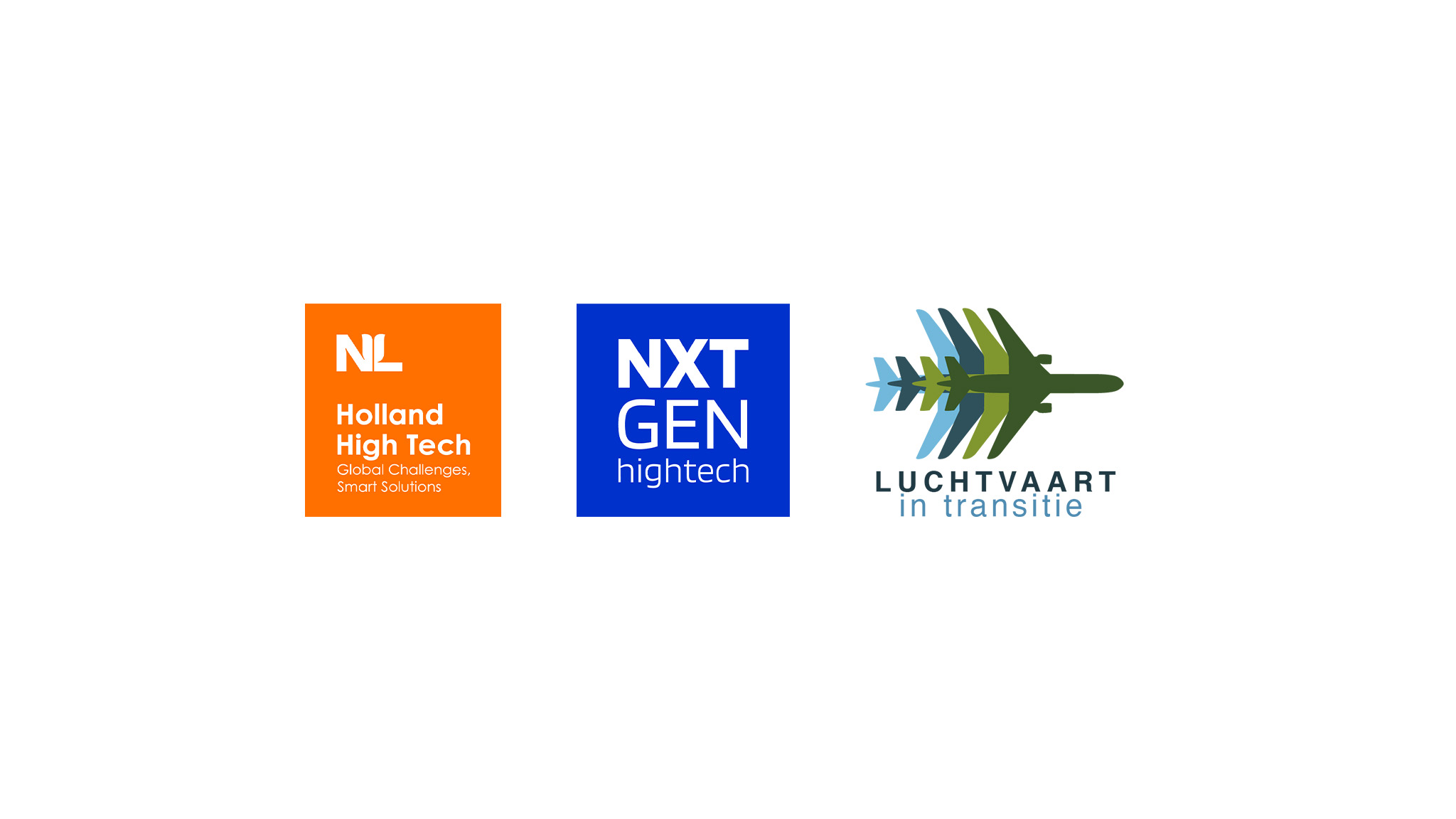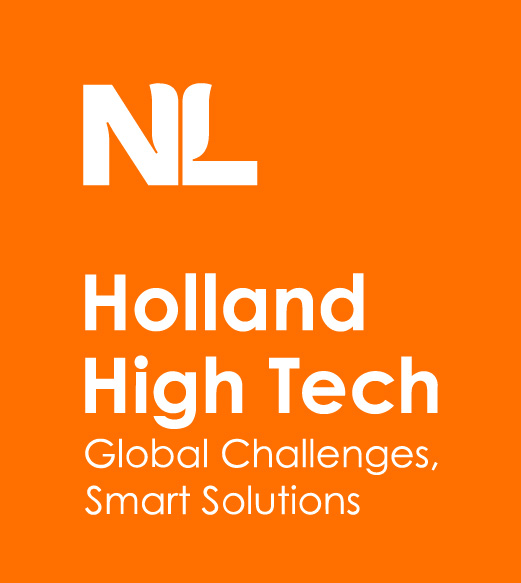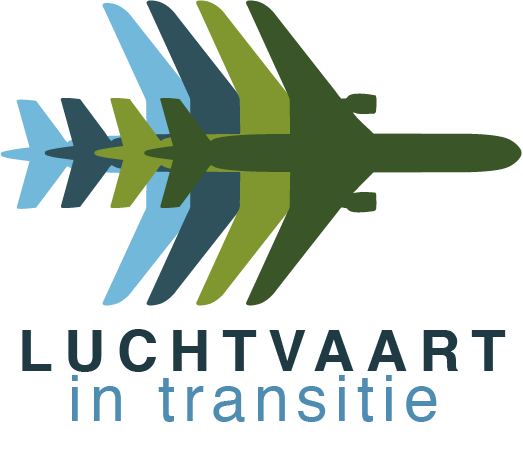
Public-private partners
NLR collaborates with public-private partners to drive innovation and advancement in the aerospace sector. By partnering with government agencies, private companies, universities, and research institutions, we develop new technologies together and improve the sector through collaborative initiatives that leverage our collective expertise. Through these partnerships, we co-create innovative solutions that address the sector’s key challenges and achieve common goals, such as developing new technologies, enhancing industry performance, and promoting innovation. By working together, we deliver joint projects that drive progress and advancement in the aerospace sector, ultimately shaping its future and promoting sustainable growth.
Some of the programmes NLR is involved in:
Holland High Tech
The Dutch government aims to be among the top 5 knowledge economies in the world by 2020. To achieve this, nine ‘top sectors’ have been designated, including the high-tech sector. Within the top sector High Tech Systems and Materials (HTSM), the government, businesses, and research organisations work together in Top Consortia for Knowledge and Innovation (TKI) to promote innovation. NLR is active in the roadmaps “Aeronautics Manufacturing and Maintenance” and “Space” and contributes to the joint ambitions for research and development in the top sector.


